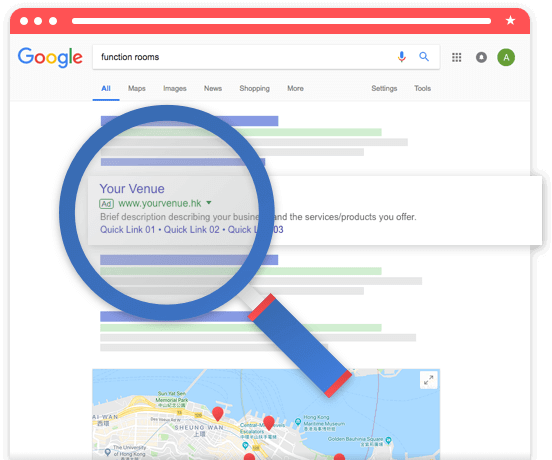From start-ups to Fortune 500 companies, we work with brands to grow their revenue.


Transform your Magento store into a sales-generating machine

Are you tired of struggling to get your online store the attention it deserves? With Magento’s powerful search engine optimization tools, you can transform your store into a sales generating machine. Imagine being able to reach a wider audience and rank higher on search engine results pages. It’d make a serious difference, right? This is exactly what optimized Magento SEO can do for your business.
By optimizing your website’s content, structure, and functionality, you can ensure that your store is visible to potential customers who are searching for the products you offer. Magento’s SEO features include customizable meta tags, keyword optimization, and search-friendly URLs, all of which help boost your website’s search engine ranking.
But it doesn’t stop there. Magento also offers advanced SEO features such as XML sitemap generation, canonical URLs, and rich snippets to ensure that your website is as search engine friendly as possible. This means more traffic to your store and ultimately, more sales.
Don’t let your competitors steal the limelight any longer. Take advantage of Magento SEO optimization and transform your online store into a sales generating machine. Your customers are out there, and with Magento’s SEO tools, they will have no trouble finding you.





)
)








